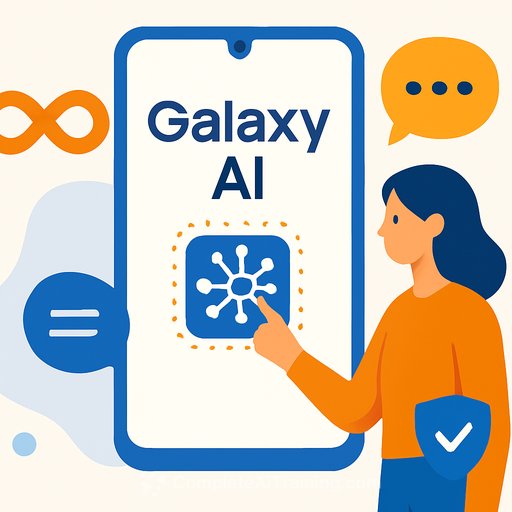Google Gemini Integrates Paid Hotel Listings into AI-Generated Travel Itineraries
Google’s latest update to its Gemini-powered search engine introduces a new feature that places paid hotel listings directly inside AI-created travel itineraries. This change improves hotel visibility and streamlines the booking process for travelers by combining planning and booking in one seamless experience.
Unlike traditional metasearch ads that appear separately from itinerary content, this approach embeds hotel options with images, prices, and reviews right where users plan their trips. For example, when searching for a London itinerary, users receive a detailed day-by-day plan including activities and recommended hotels with booking options—all in one place.
How This Benefits Hotel Marketers
This integration presents several advantages for marketers in the travel and hospitality sectors. By showing paid hotel listings within AI-curated travel plans, hotels can reach potential customers earlier in their decision-making process, during the crucial planning phase rather than just at the booking moment.
Visibility During the Planning Stage
With hotel recommendations embedded alongside daily itinerary suggestions, marketers can engage travelers while they’re still exploring options. For example, a traveler planning a trip to Paris might discover hotels as part of their sightseeing recommendations, increasing the chance of early consideration and eventual booking.
Enhanced Personalization
Gemini’s AI uses search history, preferences, and trip context—whether it’s a business trip or a family vacation—to tailor hotel listings. This personalization ensures that displayed hotels are relevant to the user, boosting the likelihood of conversion.
Optimized Ad Placement
Instead of traditional ads that interrupt or redirect, paid listings become part of the travel planning flow. This integrated placement increases brand exposure and encourages more direct interactions with hotel offers.
Visual-First Experience
Listings include high-quality images, pricing, and guest reviews, creating an engaging, image-driven interface. Hotels can showcase their unique features effectively, aiding travelers in making informed decisions without leaving the itinerary view.
Strategies for Success in the New Advertising Landscape
Marketers must adapt their paid media strategies to maximize visibility within Google Gemini’s AI-driven itineraries. Here are key tactics to consider:
- Prioritize Visual Content: Invest in compelling images that highlight what makes your property stand out—whether it’s scenic views, luxury amenities, or dining experiences. Strong visuals grab attention and differentiate listings in AI-generated plans.
- Leverage Real-Time Feeds: Keep listings updated with accurate availability, pricing, and seasonal deals. Gemini integrates with live product feeds, so timely adjustments can improve relevance and booking potential.
- Focus on Continuous Optimization: Monitor feed quality, price competitiveness, and query relevance. These factors influence how often and where your hotel appears in itineraries, affecting overall visibility and engagement.
What’s Next for AI-Driven Travel Search?
Embedding paid hotel listings within AI-generated itineraries is just the beginning. As Google continues to develop Gemini, expect more advanced advertising features like sponsored listings for premium placement and personalized offers based on user behavior. Enhanced AI personalization will help hotel marketers reach specific customer segments with greater precision.
This evolution points to a future where ads are contextually relevant and seamlessly integrated into travel planning, offering marketers new ways to connect with travelers.
Conclusion: Adapting to Changes in Travel Marketing
Google’s move to integrate paid hotel listings within AI-powered itineraries changes how hotels should approach advertising. It increases visibility during the planning phase and improves the user experience by merging discovery and booking.
By combining rich visuals, real-time data, and personalized targeting, this approach is set to boost ad effectiveness aligned with traveler intent. Marketers will need to be strategic and agile to maintain a competitive edge in this evolving search environment.
For marketers interested in expanding their AI knowledge and skills to adapt to these changes, exploring specialized AI marketing courses can be a smart move. Resources like Complete AI Training’s marketing-focused courses provide practical insights into leveraging AI for advertising success.
Your membership also unlocks:






